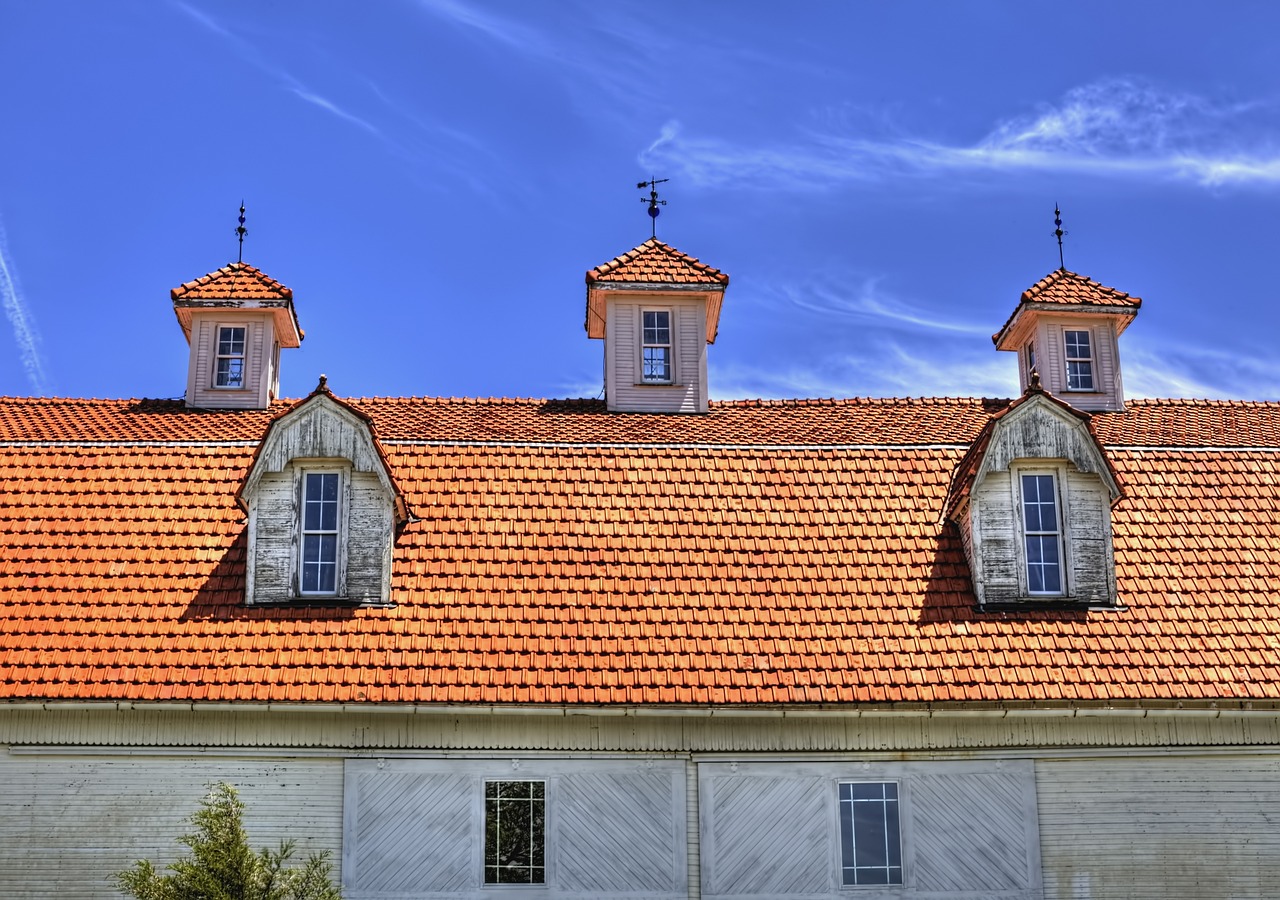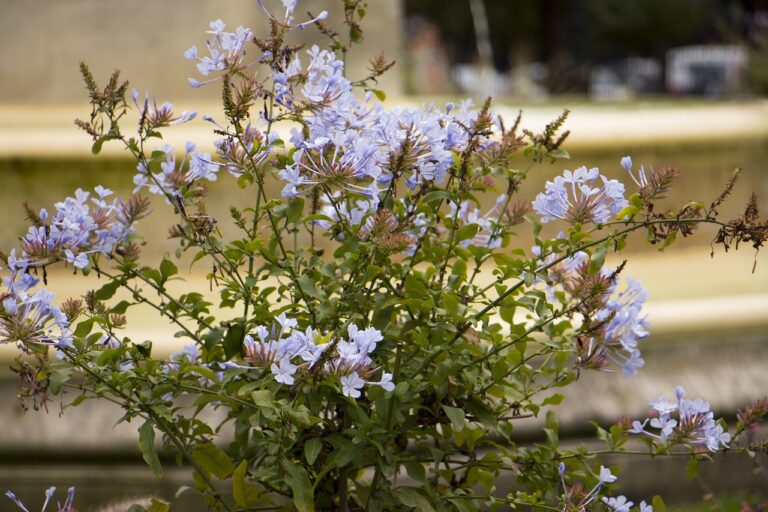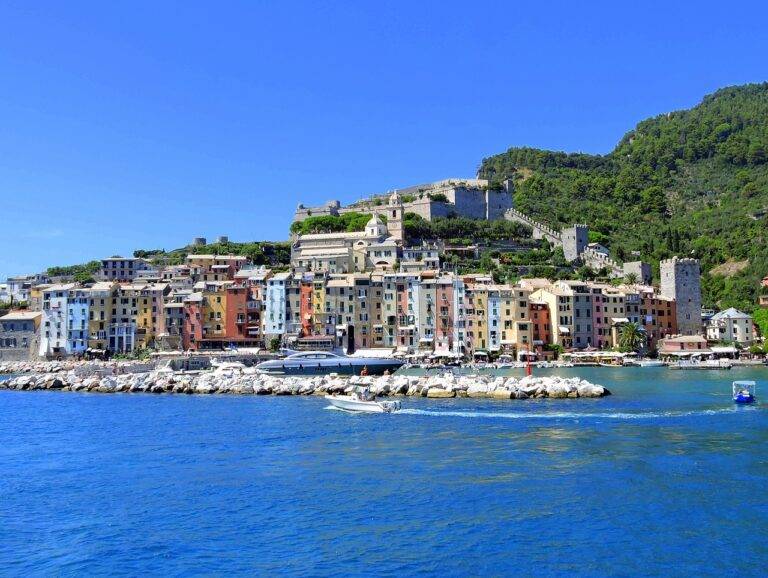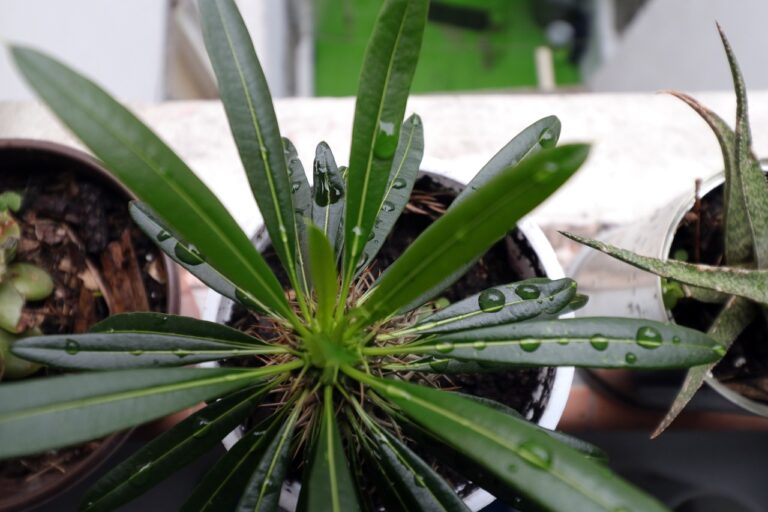Masonry Maintenance: Tips for Long-Term Durability
cricbet99 register, Sky1exchanges ID, 11xplay reddy anna: Maintaining the durability of masonry structures is essential for preserving their longevity and aesthetic appeal. Whether you have a brick wall, stone paving, or a concrete driveway, proper maintenance can extend the life of your masonry and prevent costly repairs down the road. In this article, we will provide you with valuable tips for masonry maintenance to ensure long-term durability.
Regular Inspection and Cleaning
One of the key aspects of maintaining masonry structures is regular inspection and cleaning. Over time, dirt, grime, and debris can accumulate on the surface of your masonry, leading to discoloration and deterioration. To prevent this, it is important to regularly inspect your masonry for any signs of damage or wear and tear. Additionally, a thorough cleaning of the surface can help remove any buildup and keep your masonry looking its best.
Sealing and Waterproofing
Sealing and waterproofing your masonry is crucial for protecting it from the elements and preventing water damage. Sealing the surface of your masonry can help prevent water penetration, which can cause cracks, spalling, and efflorescence. Additionally, waterproofing your masonry can help prolong its life and maintain its structural integrity. Be sure to use a high-quality sealant or waterproofing product that is suitable for your specific type of masonry.
Repairing Cracks and Damage
If you notice any cracks or damage on your masonry, it is important to address them promptly to prevent further deterioration. Small cracks can quickly turn into larger ones if left untreated, leading to more extensive damage and costly repairs. To repair cracks in your masonry, you can use a masonry repair compound or mortar mix to fill in the damaged area. Be sure to follow the manufacturer’s instructions and allow the repair to dry completely before sealing or waterproofing the surface.
Preventing Efflorescence
Efflorescence is a common issue that can occur on masonry surfaces, especially those made of bricks or concrete. It is caused by the presence of soluble salts within the masonry that are brought to the surface by water evaporation. To prevent efflorescence, it is important to ensure proper drainage around your masonry and limit the exposure to water. Additionally, sealing and waterproofing your masonry can help prevent the salts from leaching to the surface and causing efflorescence.
Protecting Against Freeze-Thaw Damage
Freeze-thaw damage is a common issue that can affect masonry structures in colder climates. When water penetrates the surface of the masonry and freezes, it can cause the material to expand and contract, leading to cracks and spalling. To protect against freeze-thaw damage, it is important to seal and waterproof your masonry to prevent water penetration. Additionally, be sure to inspect your masonry for any signs of damage after the winter season and address any issues promptly.
Maintaining Proper Drainage
Proper drainage is essential for masonry structures to prevent water damage and deterioration. Ensure that your masonry is properly sloped away from your home or building to allow water to flow away from the surface. Additionally, clean out any gutters and downspouts regularly to prevent water from pooling around your masonry. Proper drainage can help prolong the life of your masonry and prevent costly repairs in the future.
Conclusion
By following these tips for masonry maintenance, you can ensure the long-term durability of your masonry structures and preserve their beauty for years to come. Regular inspection and cleaning, sealing and waterproofing, repairing cracks and damage, preventing efflorescence, protecting against freeze-thaw damage, and maintaining proper drainage are essential for keeping your masonry in top condition. With proper care and maintenance, your masonry can stand the test of time and continue to enhance the aesthetics of your home or building.
FAQs
Q: How often should I inspect my masonry for damage?
A: It is recommended to inspect your masonry at least twice a year, in the spring and fall, to check for any signs of damage or wear and tear.
Q: Can I seal and waterproof my masonry myself, or should I hire a professional?
A: While it is possible to seal and waterproof your masonry yourself, it is recommended to consult with a professional to ensure that the products and techniques used are suitable for your specific type of masonry.
Q: What is the best way to clean my masonry?
A: To clean your masonry, you can use a mild detergent and water solution or a pressure washer on a low setting. Be sure to test a small area first to ensure that the cleaning method does not damage the surface.
Q: How can I prevent efflorescence on my masonry?
A: To prevent efflorescence, it is important to limit water exposure, ensure proper drainage, and use a high-quality sealant or waterproofing product to prevent the salts from leaching to the surface.
Q: What should I do if I notice cracks or damage on my masonry?
A: If you notice cracks or damage on your masonry, it is important to address them promptly by repairing the area with a masonry repair compound or mortar mix and sealing or waterproofing the surface to prevent further damage.







